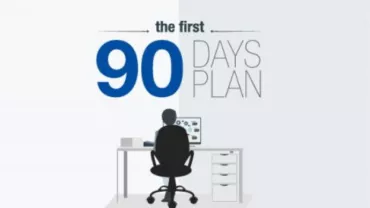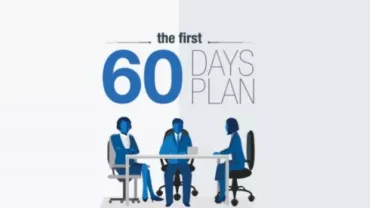

Working in temporary positions can be a great way of staying up to date with your industry, adding experience to your CV and bridging gaps between jobs. Many people make the decision to work almost exclusively in temporary positions and some employers find that they can add immediate value to a project.
But, whatever your reasons for taking on a temporary position, it’s a career move that’s well worth considering as you can gain insight into how different organisations operate within your industry. There are some differences between being a temp and a contract worker:
Temping
As a temp you’ll be able to alleviate workload but might not be expected to have specialist expertise. If you do have a specific skill set you might be more desirable to certain organisations, and many companies may offer their temporary staff a permanent position when their initial contract is over.
Contracting
Contractors with more in depth knowledge can be brought in to cover short-term absences and projects because they can lend their experience and insight to the rest of the team. You might be hired on a daily rate or a fixed-term contract with a salary.
What are the benefits?
If you’re finding it difficult to find a permanent position because you don’t have enough relevant experience or want to develop your skill set in multiple areas, temping provides the perfect setting for learning. You also get a ‘taste’ of the organisation and the people you can expect to work with.
If you’re still interested in a permanent position after you’ve done some temping, you might find that employers are more likely to hire you because of your experience.
To make the most of working as a ‘temp’, you’ll need to be:
Adaptable and flexible
This is perhaps the most obvious attribute, but it’s very important if you’re marketing yourself as a temp. You cannot work effectively as a temporary member of staff if you’re unable to settle very quickly into new surroundings or will only work set hours.
Able to work under pressure
Temps are mostly brought in when there is a deadline to meet or an increased workload that the regular team cannot cope with. So, ideally you would be someone who thrives under pressure.
A good communicator
Communication skills are desirable in most jobs anyway, but as a new member of the team you’ll need to be able to convey yourself efficiently and listen to your colleagues in every organisation you join to avoid making mistakes.
Capable at handing over projects
There may be times when your contract ends before you’ve completed the project you’re handling, so it’s important you’re proficient in handing-over and have a strategy in place that will help the team continue after you depart.




